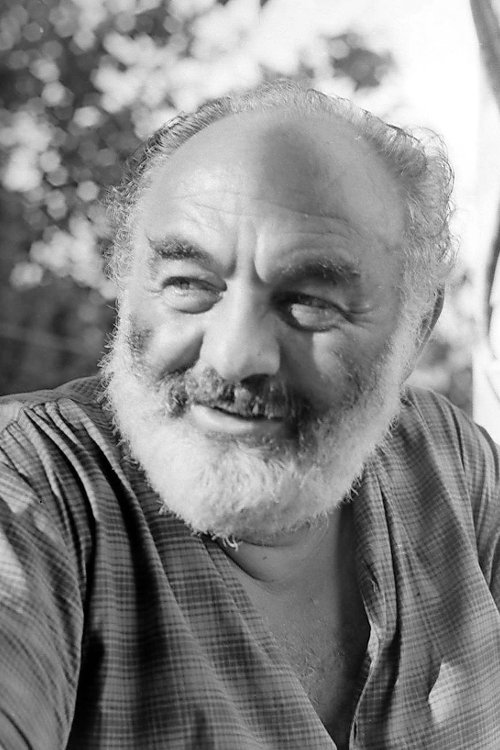
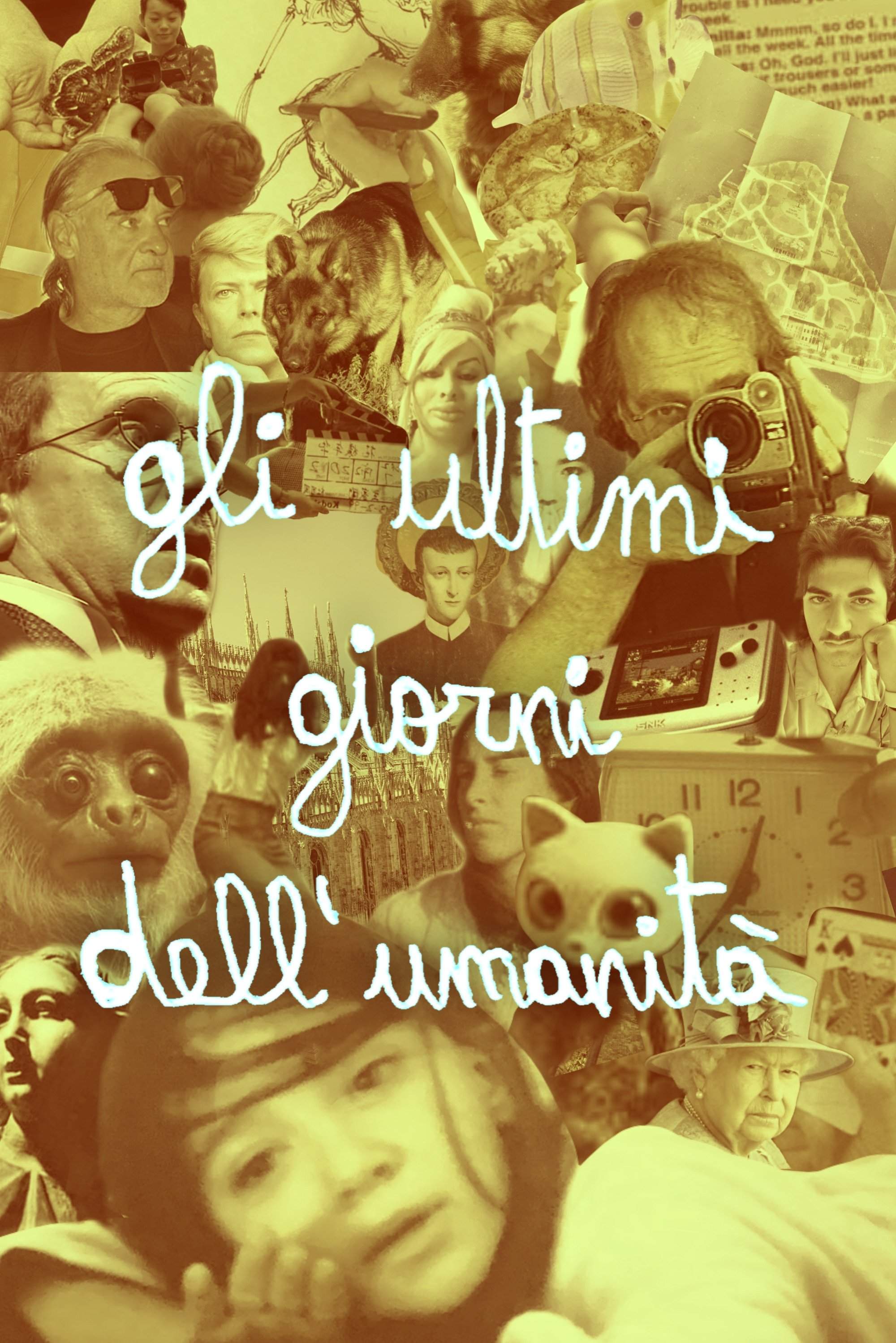
The panorama of human affairs encounters the “man with a movie camera”. His playground has no boundaries, his curiosity no limits. Characters, situations and places pitch camp in the life of a humanity that is at once the viewer and the thing viewed. But what are the last days of this humanity? Have they already passed? Are they now or still to come?
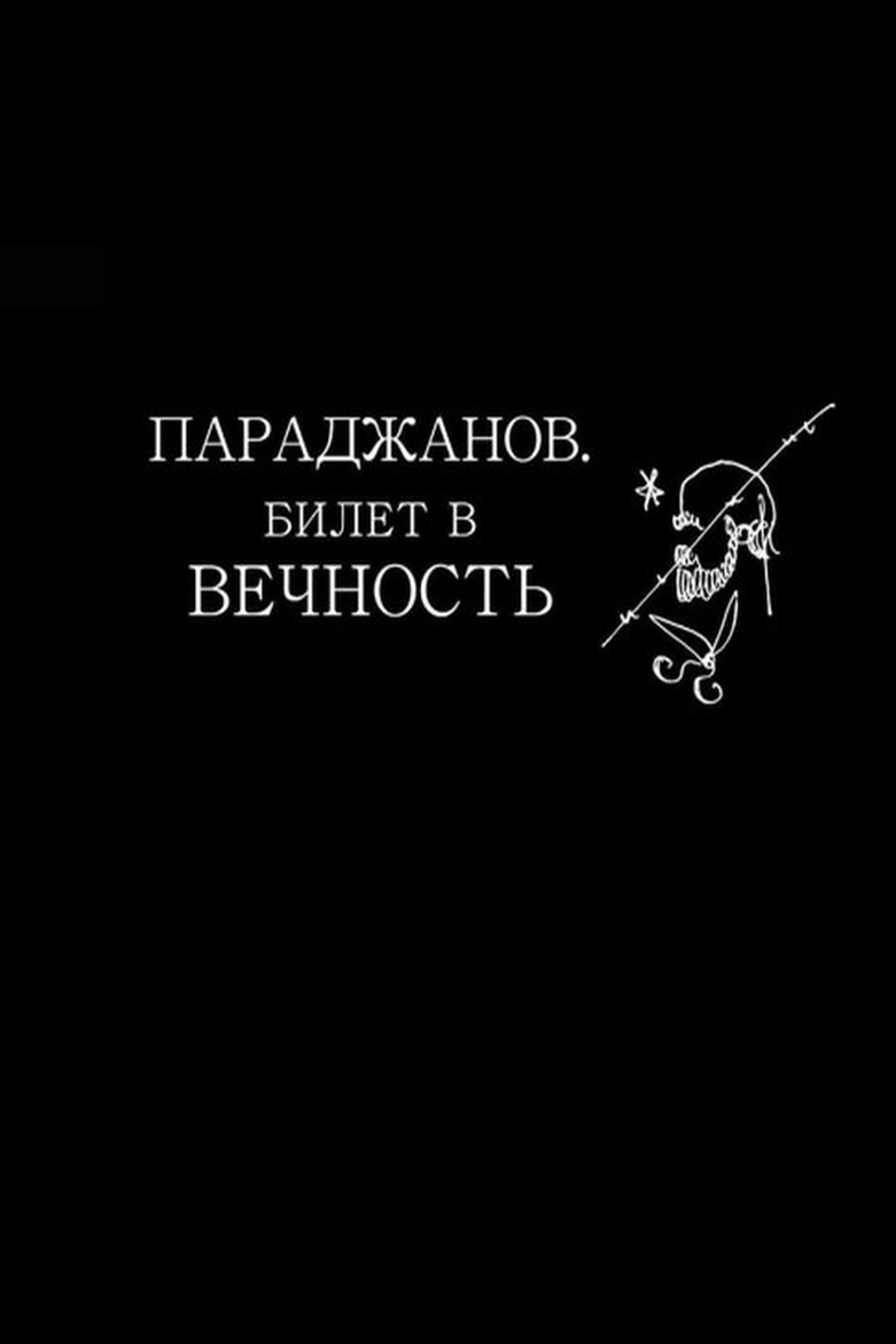
Documentary about the life of Sergei Parajanov, a prominent Soviet-era filmmaker who was active in Ukraine, Georgia and Armenia and was persecuted by the communist government for his views on the pretext of his homosexuality, which was a crime in the USSR. The centerpiece of this documentary is Shadows of Forgotten Ancestors, a 1965 movie directed by Parajanov, that awakened the Ukrainian national consciousness which had been suppressed by decades of Soviet rule.
Sergei Paradjanov, the great Soviet filmmaker of Armenian origin who was born and grew up in Tbilisi, Georgia, studied film in Moscow and worked for many years in Ukraine, talks on camera to Fotos Lamprinos about his life, his films, and events in the USSR under Gorbachev’s Perestroika, a few short months before he died and while the state of his health was already deteriorating. The film includes rare footage of the massacre of Georgian civilians by the Soviet Army in April 1989 and unpublished material from the Ukrainian prison in which Paradjanov served his sentence.
Film devoted to director Sergei Parajanov. The film is designed as a confession of the director. There are pictures of various episodes of his life, while shooting, at his home, in prison... The commentary comes in the form of a monologue consisting of excerpts from letters, notes and scripts of his unfinished film The Confession.
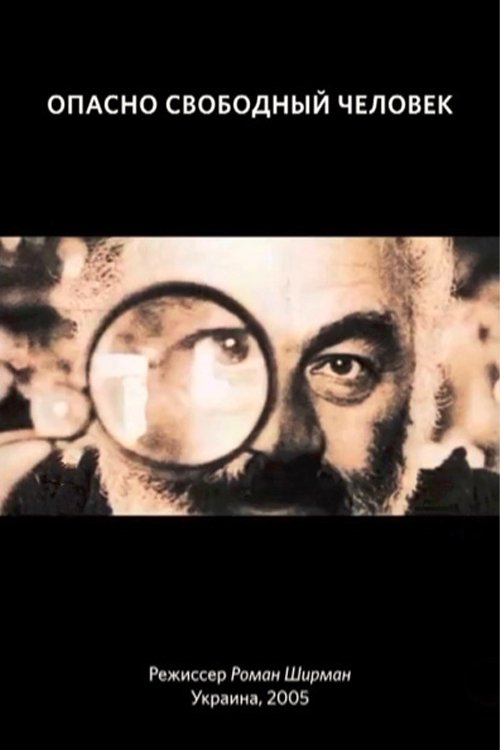
Roman Shyrman's documentary details the life and work of Sergei Paradjanov, who was no less vibrant and extravagant in everyday life than in his films. His personal life was itself a piece of art. This film is a tragicomic story about this great improviser and fantasist.
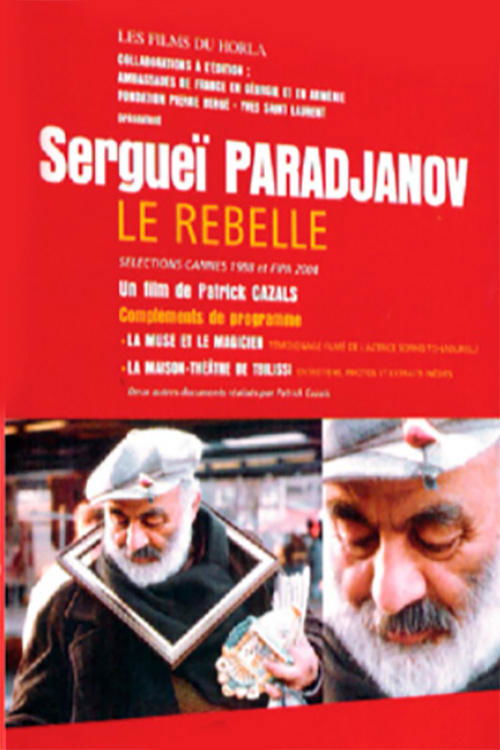
This documentary is not a straightforward portrait of Armenian film director Sergei Paradjanov's life, but rather a fluid celebration of his talent and creativity. Focusing on the collages he produced during his years in prison, and featuring interviews with the director himself, Cazals' film demonstrates the scope of Paradjanov's artistic vision, lovingly commemorating this rebel of art cinema.
The art, destiny, and relationship of two geniuses of world cinema: Andrei Tarkovsky and Sergei Parajanov.
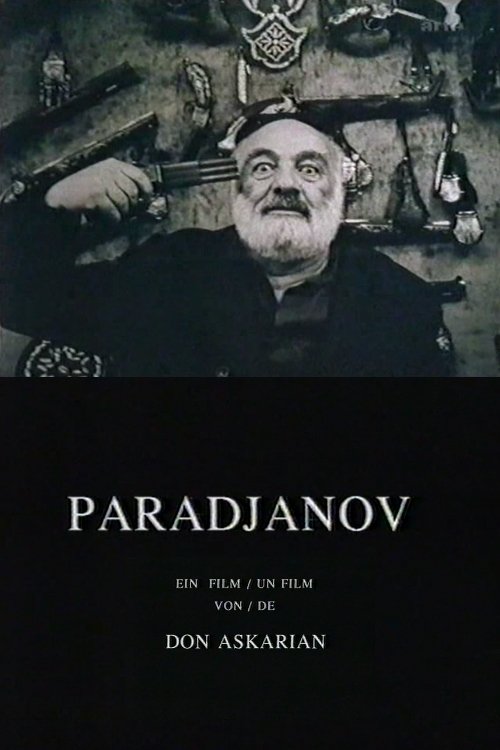
“Drawing on archival footage, fragments of interviews, and scenes from his films, this newly constructed portrait of Sergey Paradjanov was composed by the highly accomplished Armenian director Don Askarian (Komitas, Avetik). According to the director's synopsis: "The year is 1989. The place is the film festival in Rotterdam. Farewell at the Hilton Hotel. And Paradjanov says, ‘Help me make Confession’. I answer, ‘As a child of two fathers, the film will be born a bastard’."
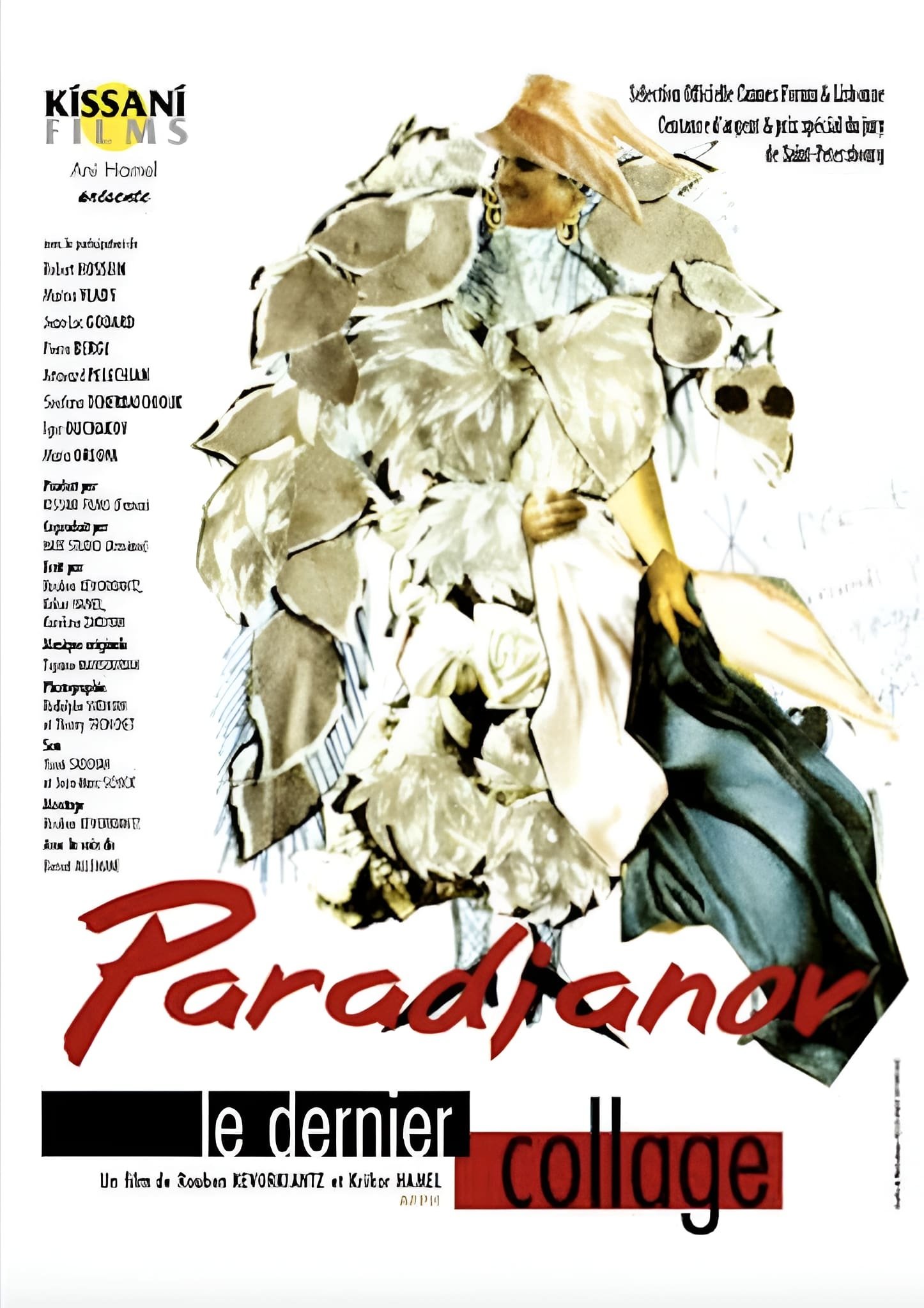
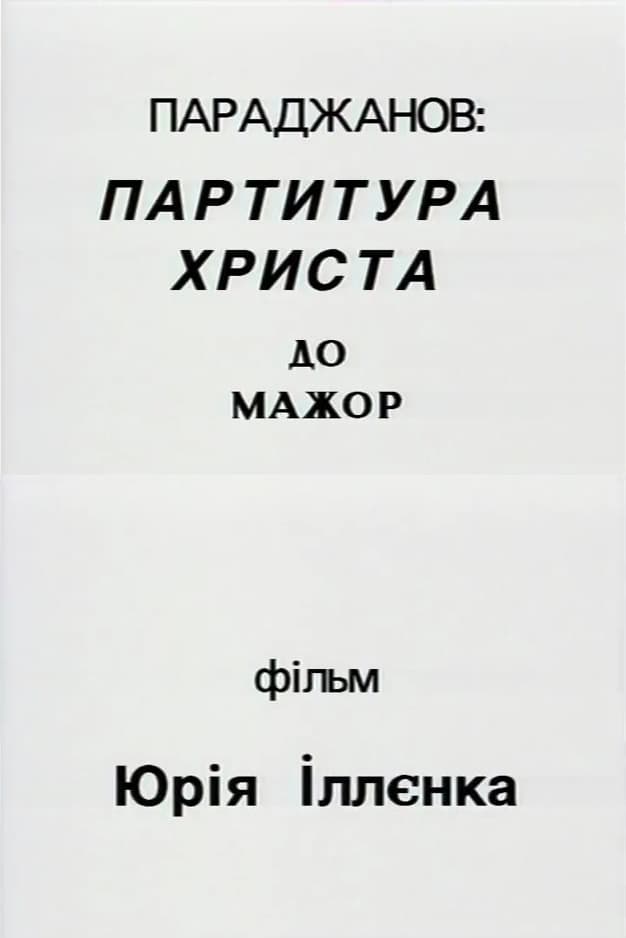
In 1989, Yuri Ilyenko came to Tbilisi to show Sergei Parajanov his film “Swan Lake. The Zone“, based on Parajanov's prison stories. The next day after the screening, Ilyenko shows the film to Soviet central party newspaper Pravda, which publishes the news of the resignation of Vladimir Shcherbytsky, who had ordered Parajanov's initial imprisonment. Ilyenko hands Parajanov the newspaper and turns on a household video camera. What follows is a friendly conversation between the two geniuses.
Sergei Parajanov (Armenian: Սերգեյ Փարաջանով; Russian: Серге́й Ио́сифович Параджа́нов; Georgian: სერგო ფარაჯანოვი; Ukrainian: Сергій Йо́сипович Параджа́нов; sometimes spelled Paradzhanov or Paradjanov; January 9, 1924 – July 20, 1990) was a Soviet film director and artist of Armenian descent who made significant contributions to Soviet cinematography through Ukrainian, Georgian, and Armenian cinema. Description above from the Wikipedia article Sergei Parajanov, licensed under CC-BY-SA, full list of contributors on Wikipedia.
By browsing this website, you accept our cookies policy.